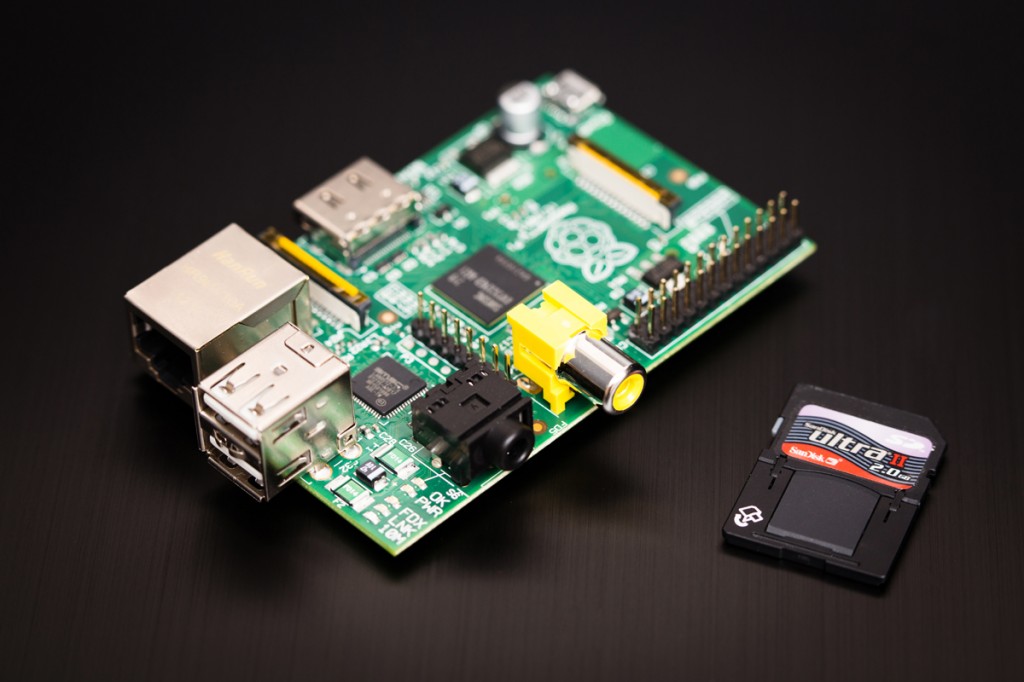Raspberry Pi and Java SE: A Platform for the Masses
By Jim Connors 10 September 2012
One of the more exciting developments in the embedded systems world
has been the announcement and availability of the Raspberry Pi, a very
capable computer that is no bigger than a credit card. At $35
US, initial demand for the device was so significant, that very long
back orders quickly ensued. After months of patiently waiting, mine
finally arrived.

Those initial growing pains appear to have been fixed, so
availability now should be much more reasonable. At a very high
level, here are some of the important specs:
- Broadcom BCM2835 System on a chip (SoC)
- ARM1176JZFS, with floating point, running at 700MHz
- Videocore 4 GPU capable of BluRay quality playback
- 256Mb RAM
- 2 USB ports and Ethernet
- Boots from SD card
- Linux distributions (e.g. Debian) available
So what's taking place taking place with respect to the Java
platform and Raspberry Pi?
- A Java SE Embedded binary suitable for the Raspberry Pi is
available for download (Arm v6/7) here.
Note, this is based on the armel architecture, a variety
of Arm designed to support floating point through a
compatibility library that operates on more platforms, but can
hamper performance. In order to use this Java SE binary,
select the available Debian
distribution for your Raspberry Pi.
- The more recent Raspbian
distribution is based on the armhf (hard float)
architecture, which provides for more efficient hardware-based
floating point operations. However armhf is not binary
compatible with armel. As of the writing of this blog,
Java SE Embedded binaries are not yet publicly available for the
armhf-based Raspbian distro, but as mentioned in Henrik
Stahl's blog, an armhf release is in the works.
- As demonstrated at the just-completed JavaOne 2012
San Francisco event, the graphics processing unit inside
the Raspberry Pi is very capable indeed, and makes for an
excellent candidate for JavaFX. As such, plans also call
for a Pi-optimized version of JavaFX in a future release too.
A thriving community around the Raspberry Pi has developed at light
speed, and as evidenced by the packed attendance at Pi-specific
sessions at Java One 2012, the interest in Java for this platform is
following suit. So stay tuned for more developments...
Index

